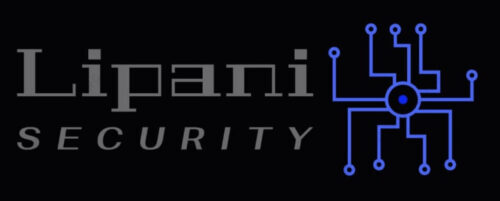One thing to be careful about is if you are getting emails from sites, you have never used or sometimes do use that could be a phishing email. Phishing emails are typically fraudulent email messages appearing to come from legitimate enterprises (e.g., your university, your Internet service provider, your bank). These messages usually direct you to a spoofed or fake website or otherwise get you to divulge private information (e.g., passphrase, credit card, or other account updates). the perpetrators then use this private information to commit identity theft.
Another thing to be careful about when using your email is spam. Spam email is a form of commercial advertising which is economically viable because email is a very cost-effective medium for the sender. If just a fraction of the recipients of a spam message purchase the advertised product, the spammers are making money and the spam problem is perpetuated. Spammers harvest recipient addresses from publicly accessible sources, use programs to collect addresses on the web, and simply use dictionaries to make automated guesses at common usernames at a given domain.
Spam is increasingly sent from computers infected by computer viruses. Virus-makers and spammers are combining their efforts to compromise innocent computer users’ systems and converting them into spam-sending “drones” or “zombies”. These malicious programs spread rapidly and generate massive amounts of spam pretending to be sent from legitimate addresses. Spammers use specially designed software to generate false email headers and from addresses. Several email users have been affected by falsified messages claiming to be from the service’s administrators, stating that users’ account is closed and require some action by the user to be reopened. Such messages often contain viruses and should be ignored or deleted.
The general rule of thumb is if an email is in your spam folder it’s probably junk and should just be deleted. Programs like Norton, McAfee, and AVG scan incoming emails when you are using an email client like Outlook or Thunderbird but when using email online like in Chrome or Firefox the software can’t protect for the safest email experience, I recommend using a client with a good antivirus.
When hijackers succeed in sending spam via an email service, it can be temporarily blocked by other services and private domains that try to protect themselves. It’s important that email users protect their own accounts with strong passwords to prevent their accounts from being hijacked. It’s important for all computer owners to install and maintain anti-virus software to avoid having their computer infected and possibly become a source of spam without their knowing. Enabling Two Factor Authentication on accounts is a good idea as we if you wanted added protection on your accounts.
